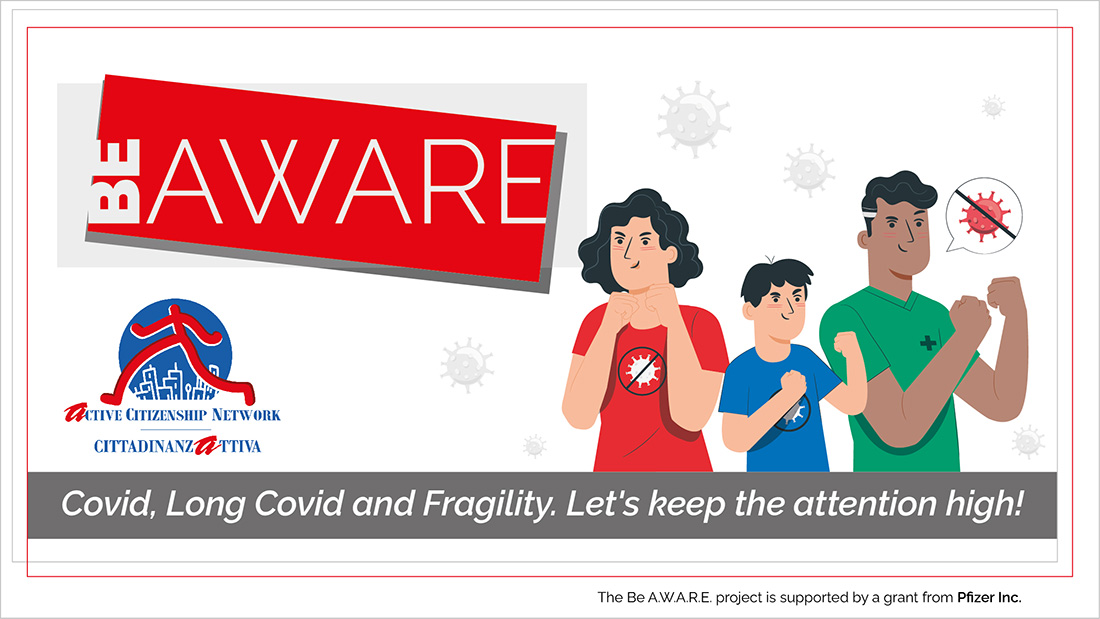Consult the webinars’ cycle calendar (IT)
With the outbreak discovered in Codogno at the end of February 2020, Italy was the first European country to be hit by the Covid-19 pandemic, an emergency unparalleled in contemporary history, faced in the total absence of previous experience and consolidated procedures and n conditions of a severe shortage of health resources to be deployed.
Three years later, the current scenario has changed dramatically. The data on new cases and deaths from Covid-19, published by the Istituto Superiore Sanità, continue to fall, as in the rest of Europe, according to the Ecdc (European Centre for Disease Prevention and Control).
The low incidence of cases and the high level of immunisation (many people have undergone anti-Covid vaccines and have been infected with Sars-Cov-2) have now led to a phase of 'coexistence' with the virus, thanks also to a greater ability to manage the disease.
The WHO decreed on 5 May 2023 that COVID-19 no longer constitutes a public health emergency of international concern, (PHEIC), but the pandemic seemed to be over long ago.
Yet for a large segment of the population, it may still pose a threat: it is frail patients, people with pre-existing diseases and other conditions who are exposed to greater risk factors and a more severe course of the disease. Heart disease, diabetes and chronic renal failure are significantly more frequent and numerically more numerous among deceased Covid-19 patients than among the general population, according to data available in Italy.
The elderly population was also the most affected by the infection, with the average age of deceased patients being 80 years and many had previous chronic diseases.
Moreover, among the effects that the disease can leave behind is 'Long COVID', the condition of patients who, more than four weeks after the disease and despite the negative swab results, continue to report symptoms attributable to the infection.
It is in this constantly evolving scenario that Cittadinanzattiva's BE A.W.A.R.E (Be Active citizens for Widespread Awareness, infoRmation and Education) programme fits in, which thanks to the contribution of skills and experience from the scientific community, health professionals and operators, and patients' associations envisages the realisation of:
- a guide for the general population, in English and in Italian, to increase information and awareness on the risks of developing severe forms of Covid-19.
- a social information and awareness-raising campaign at th Eu and Italian level
- a series of informative webinars, only in Italian, addressed to patients and general population;
- a protection & advocacy activity, in Italian, with a dedicated e-mail address
This email address is being protected from spambots. You need JavaScript enabled to view it. - Series of video stories of chronic patients, who have contracted COVID-19 in a severe form, explaining why Covid-19 is still a risk
It is important to continue to monitor the evolution of COVID-19, not forgetting what we have learnt over the years while keeping a watchful eye on the most fragile people, who are more exposed to infections and complications.
The aim of the programme is to provide information, to raise awareness in the general population about the risks for people with frailty, with one or more pre-existing diseases, immunosuppressed or with specific conditions to also develop severe forms of COVID-19.
The Be A.W.A.R.E. project is supported by a grant from Pfizer Inc.
To know more:
USEFUL WEB SITES
European Centre for Disease Prevention and Control




